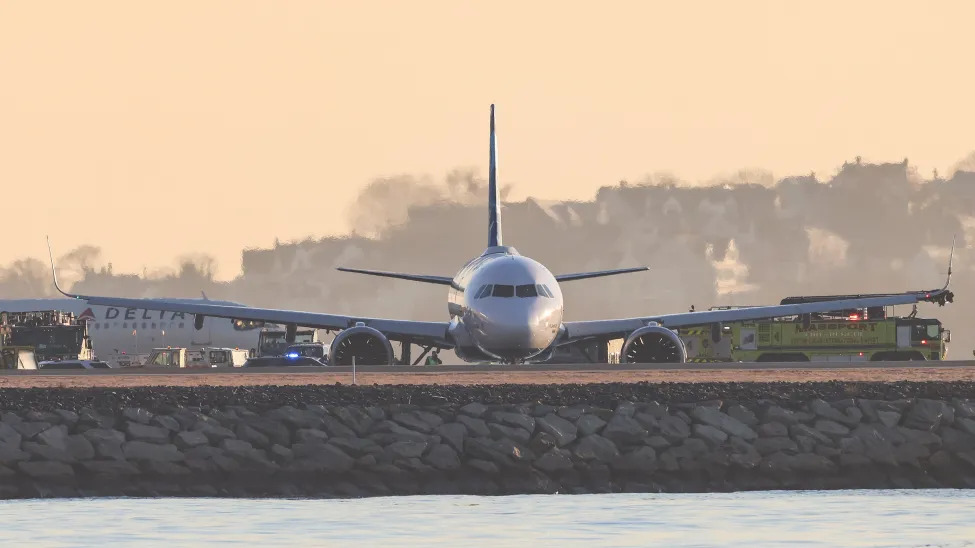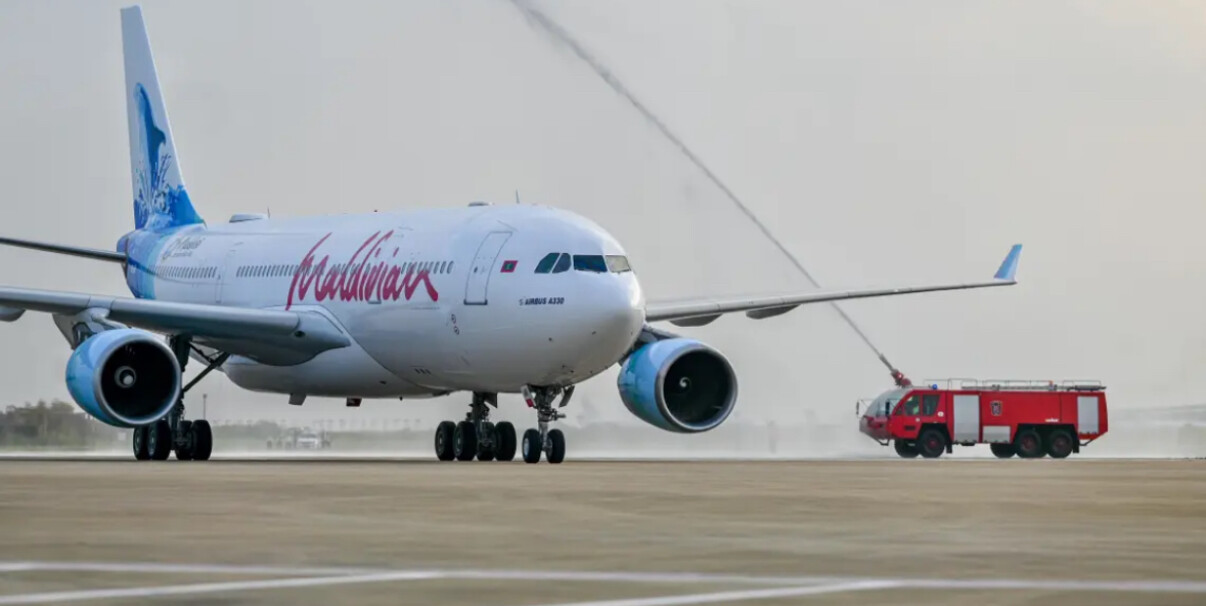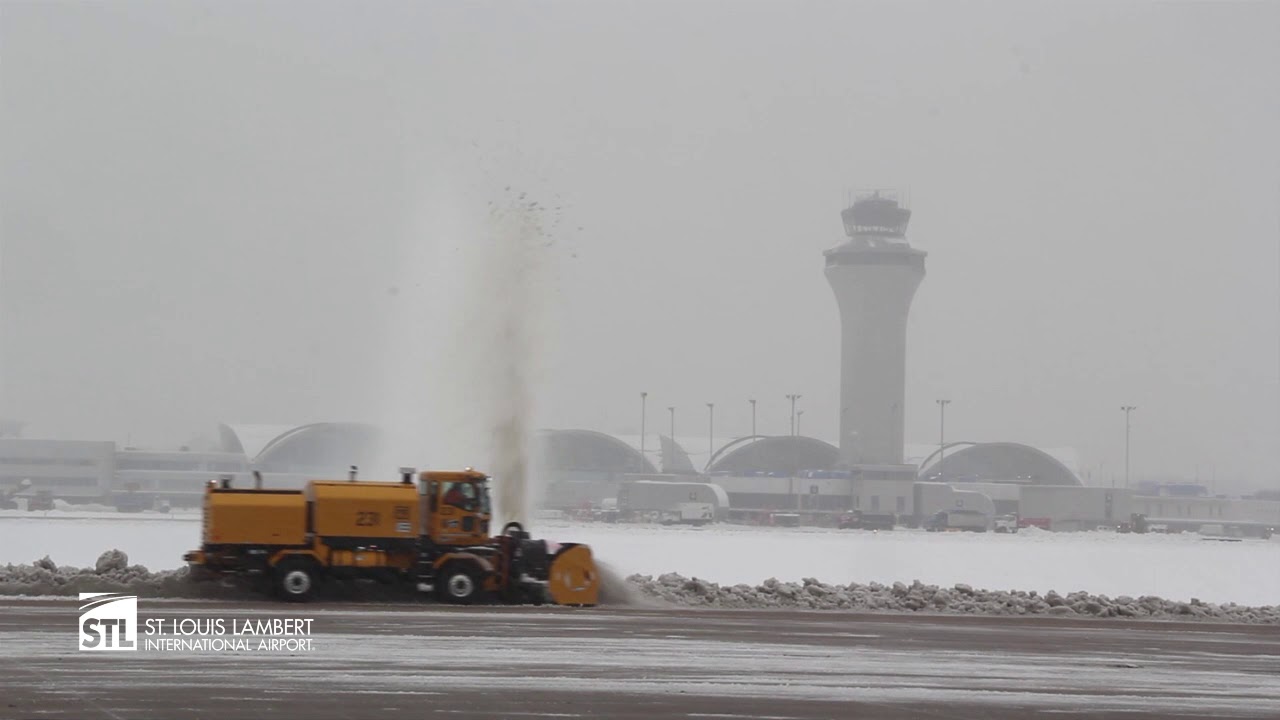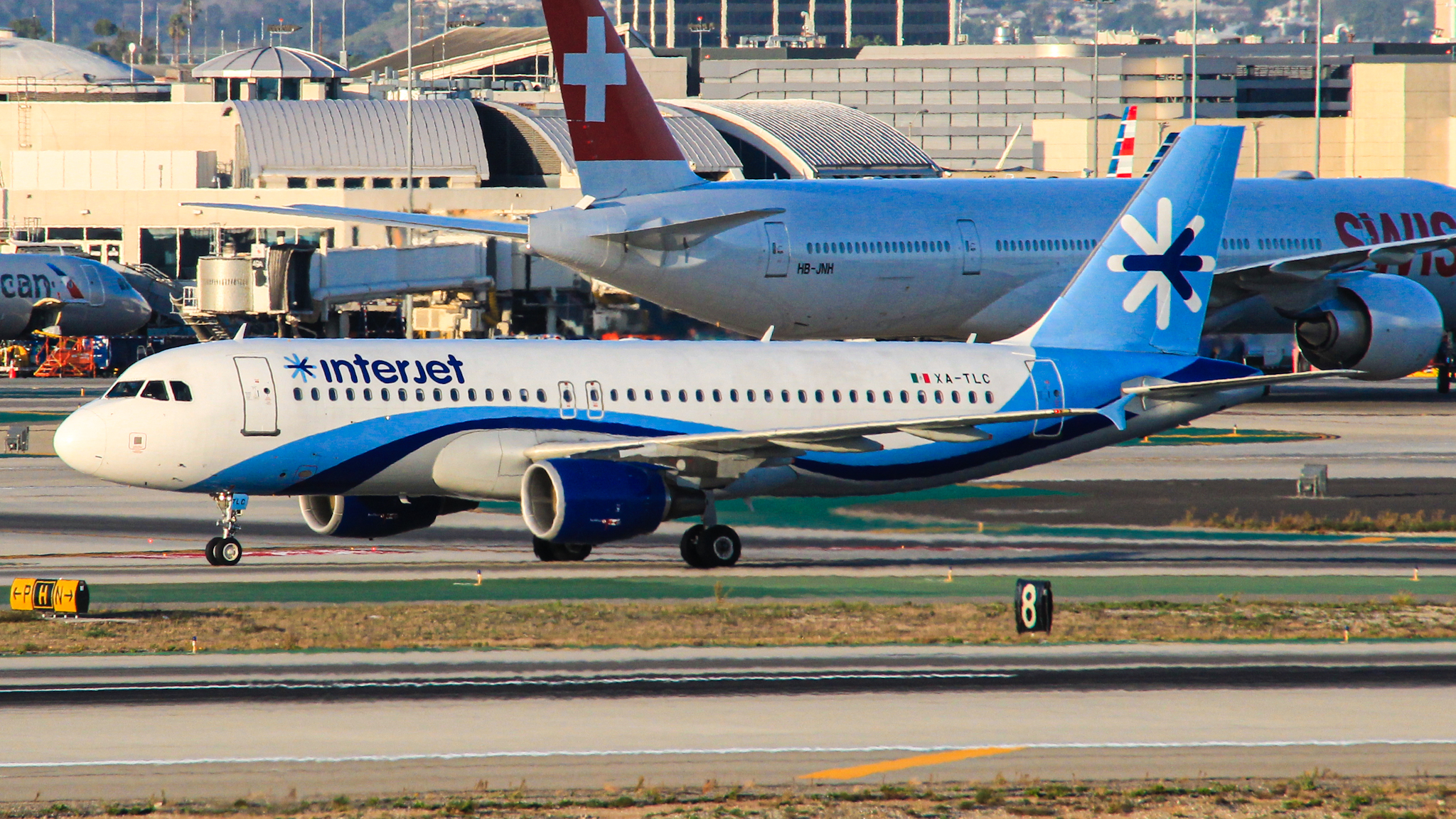This article is an Op-Ed.
Background
Mexico's Interjet had been bound to fail despite the disastrous effects the Coronavirus had on Mexican (and worldwide) aviation. However, in these trying times for the airline, an investment group has thrown the failing low-cost carrier a lifeline in the form of a $150 million investment, in order to make Interjet "the most important airline in Mexico." Yet, will this be enough to sustain the cash-bleeding carrier?

The Plan
According to the airline, a group of investors led by Mexican bankers Carlos Cabal Peniche and Alejandro del Valle has given Interjet a sum of $150 million in order to rejig the board of the low-cost carrier, as well as turn around the failing airline - which has nearly gone under due to unpaid dues to airports, lawsuits, and even repossessed aircraft. Under the command of the new investor team, all board members would stay; however, the main public figure of the airline, CEO William Shaw, is set to be replaced by former Aeromexico CEO Pedro Cerisola, according to Mexican travel magazine PeriodicoViaje. Surmounting from the deep issues that have arisen at the airline and as its very existence has become more and more precarious, rumors surrounding the CEO's place at the airline have circulated for weeks now.
But aside from simply removing the CEO, how could the airline's new capital and their investors help put Interjet back on the path to stability? Let's take a look at the airline's fleet. According to PlaneSpotters.net, Interjet has a fleet of 26 narrowbody aircraft, consisting of Airbus's A320-family jets and Sukhoi's Superjet 100s. However, due to various lawsuits and insufficient funds, only 4 Superjets remain in service, with 85% of its fleet parked, consisting of the remaining Superjets and A320s. Various A320s, A320neos, A321s, & A321neos have already been seized and repossessed. At one point, the airline had a fleet of 96 aircraft. This means that now, with barely 26 aircraft left (and many of these parked), a whopping 73% of its entire fleet has been repossessed.


In order to better streamline its fleet, Interjet should, quite simply, scrap or sell its Superjet fleet. These Russian planes do not serve the carrier well, since it is difficult to find parts for the type outside of its native Russia. Thus, this has led to complications in performing maintenance on these jets, and as a result, the airline has often had to use its own Superjets to source replacement parts for other Superjets. By ditching its fleet of 18 Superjets (many of which are not even operational), Interjet will have saved itself time and money down the road by not having to worry about sourcing parts for their jets. The airline would be left with a tiny fleet of 4 aircraft - all A320-200s, which they could easily grow through the secondhand aircraft market that will be fresh of planes after airlines retired jets and downsized their fleets due to the COVID-19 pandemic. Despite the large fleet change the airline would endure, management should also severely cut jobs if they wish to keep the company floating with the new capital that has been injected. Moreover, Interjet should decrease its wide array of destinations by cutting most and simply refocusing its attention on rebuilding domestic routes, and then adding international flights. It should, however, keep lucrative international flights or flights that utilize valuable landing/takeoff slots.
Interjet's Future
Whatever path the group of investors decides to follow with Interjet, I firmly believe that they should (at least temporarily) prioritize the company over employees. They should furlough as many workers as needed (of course reaching a logical deal with unions), with the long-term goal of re-growing the airline in order to employ even more people than it already did. And those furloughed should receive priority with the airline that allows them to reapply for the jobs they were fired from and thus get their jobs back faster. Although the airline may lose critical market share as a result of downsizing, stability in the aviation industry is key - one bad choice from management, and an airline can seriously hurt or even go under as a result - just look at the UK's Flybe, an airline that many believed went under due to management's decision to purchase expensive Embraer jet aircraft rather than stick with the cheaper regional jets the airline already had.
Maldivian Airlines Introduces First-Ever Widebody Aircraft, Plans New China Flights » Could You Survive a Plane Crash? The Unlikely Science of Plane Crash Survival » Bomb Threat Cancels Air New Zealand Flight, Delays Passengers »
Comments (0)
Add Your Comment
SHARE
TAGS
INFORMATIONAL News Interjet Mexico Mexican Aviation Op-ed COVID-19 CoronavirisRECENTLY PUBLISHED
 Could You Survive a Plane Crash? The Unlikely Science of Plane Crash Survival
With air travel consistently being heralded as the safest form of public transport, most of us do not board a plane pondering our chances of survival in the event of a crash. But, is it possible to survive one?
INFORMATIONAL
READ MORE »
Could You Survive a Plane Crash? The Unlikely Science of Plane Crash Survival
With air travel consistently being heralded as the safest form of public transport, most of us do not board a plane pondering our chances of survival in the event of a crash. But, is it possible to survive one?
INFORMATIONAL
READ MORE »
 Maldivian Airlines Introduces First-Ever Widebody Aircraft, Plans New China Flights
Maldivian, the government-owned national airline of the Maldives, has just welcomed its first-ever wide body aircraft: the Airbus A330-200. With the new aircraft, the carrier also plans brand-new long haul international flights to China.
NEWS
READ MORE »
Maldivian Airlines Introduces First-Ever Widebody Aircraft, Plans New China Flights
Maldivian, the government-owned national airline of the Maldives, has just welcomed its first-ever wide body aircraft: the Airbus A330-200. With the new aircraft, the carrier also plans brand-new long haul international flights to China.
NEWS
READ MORE »
 Thousands of Flights Impacted as Winter Storm Blair Hits U.S.
Winter Storm Blair has unleashed a huge blast of snow, ice, and freezing temperatures across the Central and Eastern United States.
As of Sunday afternoon, over 6,700 flights and counting have been disrupted. This includes cancelations and significant delays leaving passengers scrambling to change flights and adjust travel plans.
NEWS
READ MORE »
Thousands of Flights Impacted as Winter Storm Blair Hits U.S.
Winter Storm Blair has unleashed a huge blast of snow, ice, and freezing temperatures across the Central and Eastern United States.
As of Sunday afternoon, over 6,700 flights and counting have been disrupted. This includes cancelations and significant delays leaving passengers scrambling to change flights and adjust travel plans.
NEWS
READ MORE »





